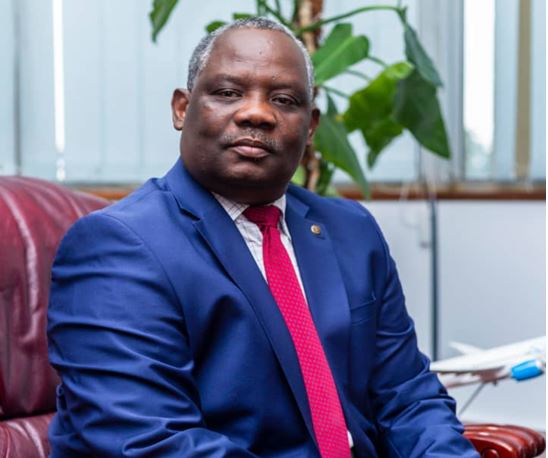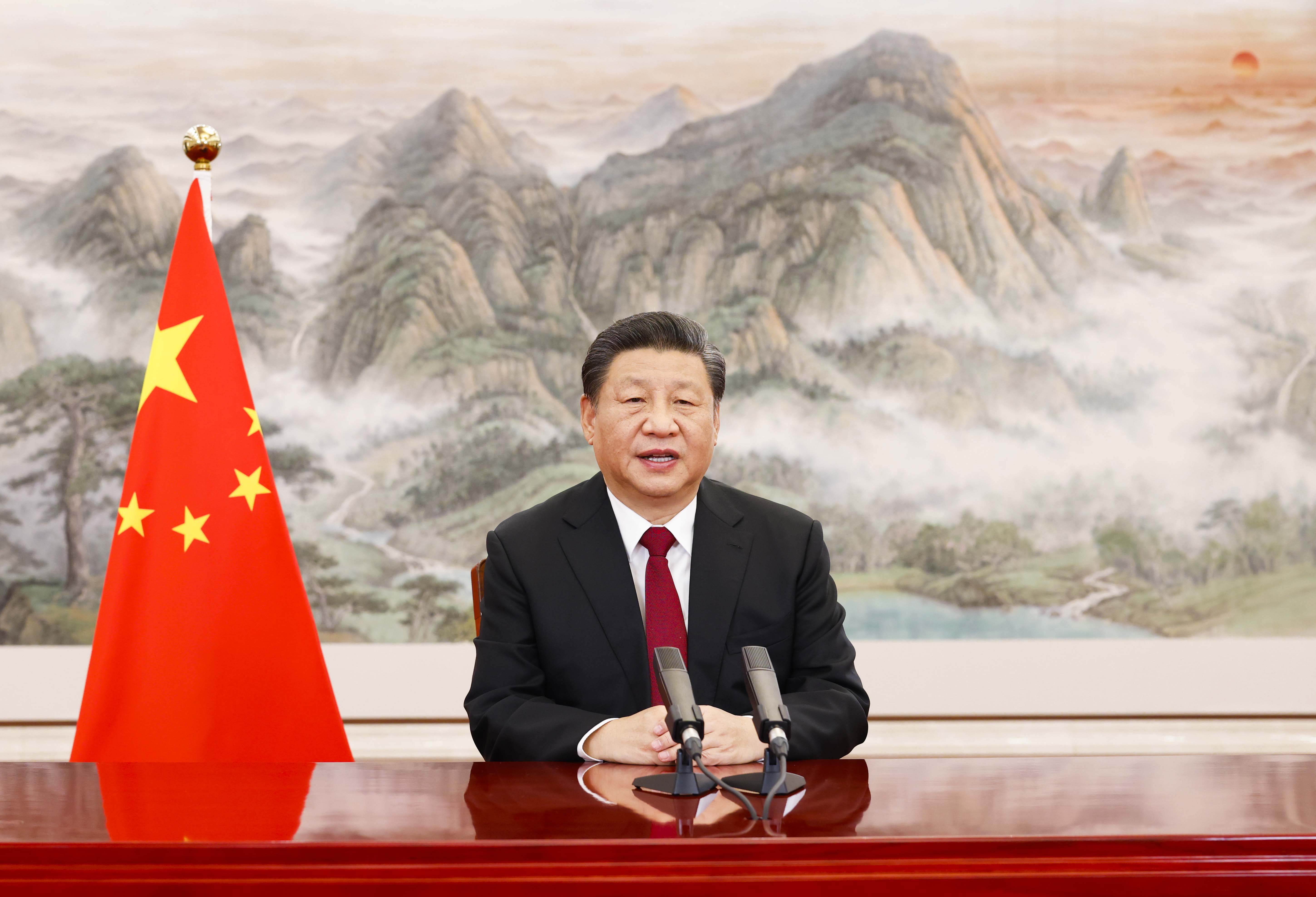The SDGs Goal 11: Sustainable Cities and Communities show that cities and metropolitan areas are powerhouses of economic growth—contributing about 60 per cent of global GDP. However, they also account for about 70 per cent of global carbon emissions. Many countries shift their infrastructure focus towards sustainable and green cities to help shape the journey towards greener, healthier, more inclusive, and resilient environments. As a professional in the real estate sector, how will you describe Africa’s progress towards achieving sustainable cities?
Africa’s progress on SDG 11 on sustainable cities and communities has been slow, making this development unachievable without significant transformation in building and managing our urban spaces. Africa’s real estate professions must lobby their respective governments for more support as the reality is with us that by 2050 two thirds of humanity will be living in urban areas based on data from the UNDP of 2020.
We have seen rapid growth of cities due to the rising population on the continent. Similarly, due to inadequate planning, we have seen more informal settlements becoming the order of the day. There is a need for the sector to collaborate with the government to lobby both parties to develop affordable housing, investment in public transport, and create green spaces in all developments.
We have also seen African governments involving communities and registered entities in urban planning and management. In Kenya, for example, we have seen the national government involving entities such as the Kenya Private Sector Organization KEPSA and the Kenya Association of Manufacturers KAM in such discussions.
Optiven is a member of the KEPSA, and therefore I confirm our involvement in the talks.
In conclusion, while the progress is slow, there is a need for more push towards achieving this goal to cater for climate change.
How do you integrate environmental and socio-economic policies in the real estate sector to strengthen cooperation with the international community?
We use the strategies below to strengthen cooperation with international communities. The real estate sector should share the macro policies that make the world a happier, healthier place to live.
- Active participation in international community activities such as Earth Day is celebrated every 22nd of April to protect our planet from pollution and deforestation.
- Have a written statement concerning the management of environment degradation effect globally, signed by the sector leads and their senior management. Having a relevant, clear policy that is known and implemented by all the real estate players. Documenting the social, economic policy, action taken and showing results on situations on poorer citizens. Showing clearly how the sector is reducing poverty, unemployment and social care.
- Membership of the international community
Through different awards, Optiven Real Estate has been singled out for its pace-setting role in completing value additions on its projects, providing customers with the ease of payment in instalments, and for being a transformation agent through its Go Green initiative across the projects. How have these impacted the real estate sector in East Africa?
This innovative initiative has been highly effective as we have been advocating for all real estate players to go green; 80 Kenyan companies have picked this up and a few more in the East African block. Optiven does advocacy through my weekly Facebook go green shows, offering awards through Go Green awards and through George Wachiuri School of Mentorship. This school has mentored Kenyans, Nigerians, Rwandese, Tanzanians, Ugandans, Burundians, Ethiopians, among others.
We have seen more real estate firms in Africa using clean energy in their development mainly solar energy, water recycling, planting more trees, and recycling waste, among other initiatives. The impact is notable and massive.
Click HERE TO ACCESS THE FULL INTERVIEW on page 61 of the December 2021 Edition of the African Leadership Magazine


